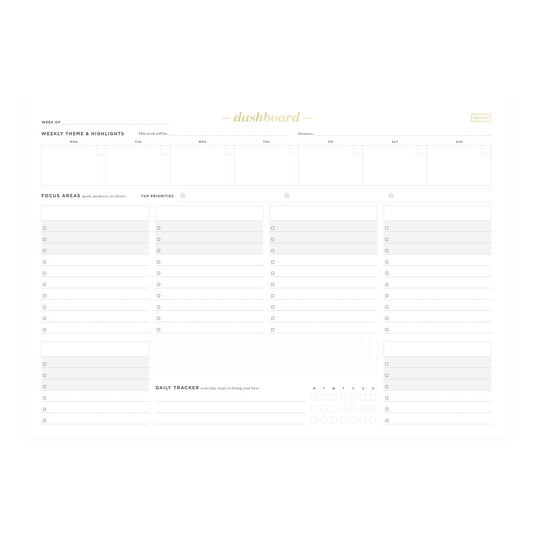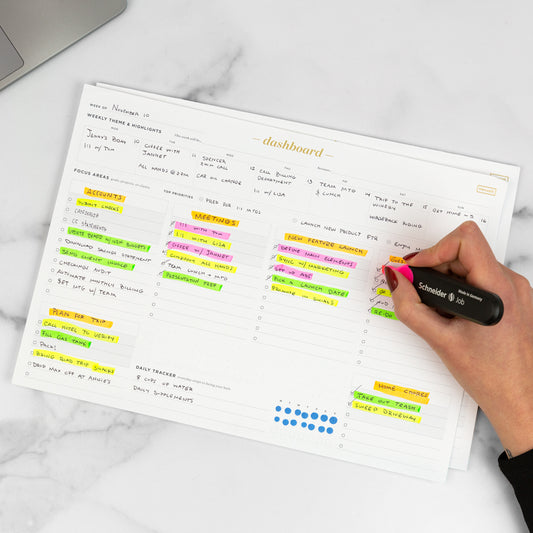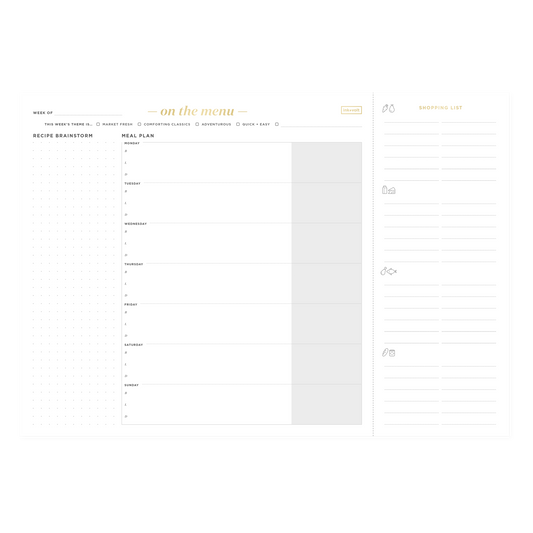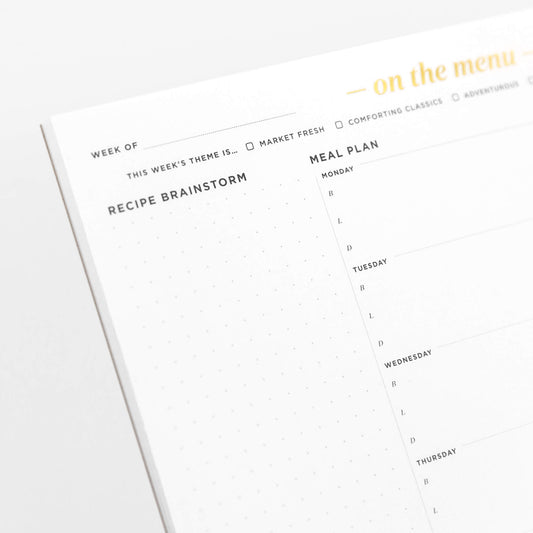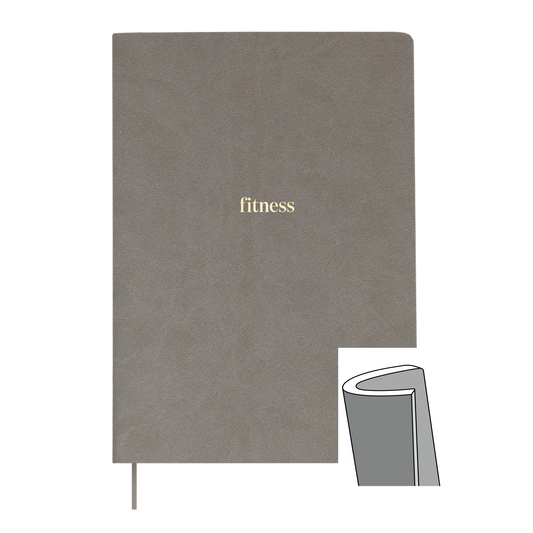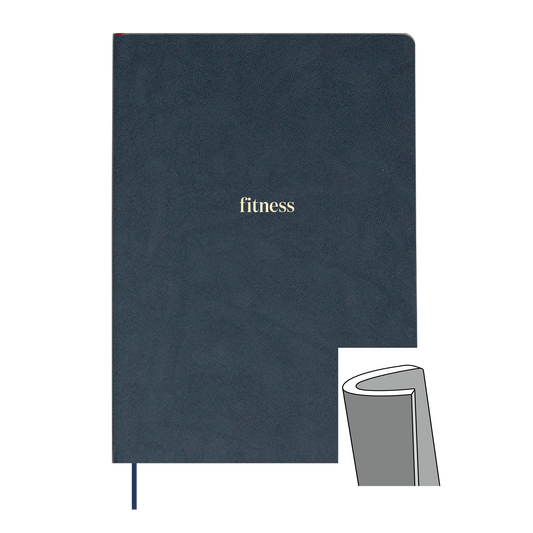Often, it can feel like getting through a stressful time is just survival.
You do what you have to do to get to the other side of the situation; then, maybe you can focus on yourself afterward. But while you’re going through it, you just get the work done and try to sleep when you can.
However, in times of stress, it’s actually still really important to be mindful.
Why?
Mindfulness keeps you alert and focused on what’s in front of you. It might seem like a silly “extra” that is nice during regular life, but an absolute non-essential during a stressful time. However, this is actually when you need it more than ever.
You know how hard it is to deal with difficult situations on a normal day? Now imagine that you’re not sleeping well and your mind is racing around the clock. A difficult situation can become next to impossible.
With mindfulness, you give yourself back some of the coping skills that get stripped away when you’re really stressed. Your life can actually feel easier.
Now that’s worth the investment.
How stress affects our bodies, and how mindfulness helps
Stress can manifest in a number of ways, and you’ll be able to feel it in the body too.
If you’re experiencing a stressful event or time in life, you may experience low energy, headaches, insomnia, a weaker immune system, and even more mental impacts, like irritability, confusion, and difficulty concentrating.
The symptoms can compound, making for an even more difficult time.
Researchers have found mindfulness to be an important aspect of dealing with both major stressors and everyday anxieties. There’s actual science behind the abstract concept! Mindfulness lowers blood pressure, improves sleep, and lowers levels of the stress hormone cortisol.
And what is so wonderful about mindfulness is this -- it can be as big or as small as you are able to make it.
The University of Washington puts it this way: “Mindfulness is a state of intentional, nonjudgmental focus on the present moment.”
That’s it!
Your mind might jump straight to a practice like yoga or meditation when you think mindfulness, but you don’t have to practice either of those things to be mindful.
You can implement a mindful practice into your everyday life to help stop stress in its tracks or create a routine that mitigates the effects of anxiety. Even 5 minutes of mindfulness has been proven to make a significant difference in lowering stress levels.
Here are a few really simple ways to increase mindfulness and make your life actually feel easier during a stressful time.
1. Take a walk
This may be the easiest way to find a little perspective during anxious times.
Taking a walk feels like you’re accomplishing something; you’re going somewhere, even if it’s just around the block. It puts you in control of something when you feel like you might not have control in any other aspect of your life.
It’s also great for focusing on just what’s in front of you. Put one foot in front of the other, one step at a time. Use it as an opportunity to let your mind wander and release. Take note of the details around you that you might otherwise miss. What do you see? What do you smell?
So step away from the computer -- the news will be there when you get back.
When you come back inside, you’ll probably notice you have a boost in energy and a more positive outlook. This is scientifically proven to happen when we get away from our desks and out into nature.
2. Practice noticing and accepting your thoughts
Practicing acceptance is not always easy, especially during anxious times. But studies show it’s important and the key to effective meditation.
One study of Mindful-Based Stress Reduction Courses found that instructions of acceptance were the most important part. You must approach your experience, whatever it is, in a non-judgemental way.
This is, in short, the act of noticing. Instead of just thinking your thoughts, become aware of them. Don’t judge them. Just notice what they are.
You can do this in just a few minutes. No need to do an hours-long meditation. Just 5 minutes of sitting quietly, noticing your thoughts and feelings, brings you firmly into the present moment and out of your worry cycle.
Approach any negative thoughts in an open way. Take a moment to ask yourself what is causing you stress and allow yourself to accept that you feel a certain way, that you can overcome it, and things will get better.
3. Take a body scan
Focusing on your physical self for even just a few minutes can ground you and relieve stress.
A body scan works like this: lie down or sit in a comfortable position. Close your eyes.
Now focus your attention on one body part at a time. As you move to each region of the body think about whether you feel any tension or physical sensations. You may notice a stiff neck or tight muscle. Actively think about letting those discomforts go.
This is a quick method you can do at your desk or before bed and is helpful in reducing stress because it brings the mind back to the present. It forces you to ask yourself about how you’re feeling in that moment and recognizing the physical strains you are carrying with you. Let them go!
After just a few minutes of focusing on yourself you should feel more centered and less stressed.
4. Write in your journal
Acknowledging that you're stressed out is the first step in alleviating it.
A daily journal practice or free-writing session can be a good way to cope with anxiety. You may be feeling things you aren’t really even aware of until you spend a little time unpacking them. When you’re more alert about why you’re feeling a certain way, you can better handle it.
Mindful journaling is helpful because it’s a natural way to put yourself in the present. During stressful times, we have a tendency to force feelings inward. That can keep us from focusing on other tasks, but journaling can help recharge and free up some of that bandwidth.
If it’s too stressful to write about your feelings or daily activities, you don’t have to follow any specific assignment in your journal. You can just start writing and see what happens. Maybe you’ll write a poem or make up a story, or even just record the day’s weather.
It doesn’t really matter what you write. It just matters that you write. That process of slowing down and putting pen to paper is what grounds you to the present moment.
5. Set a daily mindful practice
A great way to make mindfulness a part of your everyday life is to start your days with a positive affirmation.
This is a word or phrase that you focus on, for just a few moments every morning (or throughout the day as needed), to guide your outlook.
Focusing on this one word or concept forces you to step away from the other stresses whirling around your head. Spend just 60 seconds completely focused on a positive, grounding thought, like one of these:
- I accept that everyone is doing the best they can with what they have.
- I am grateful for what I have.
- I feel healthy and strong today.
- I am determined and I can succeed.
- I am open to whatever today brings.
Creativity is another practice that has mindfulness as a side effect. Find a creative task that can allow your mind to relax and achieve a state of “flow”.
This means the project doesn’t require you to think super actively in order to accomplish it. You want to let your body take over, in a sense.
Activities like:
- watercolor painting
- hand-lettering
- coloring in a coloring book
- painting your nails
- drawing with chalk outside with your kids
- building with a toy like magnet tiles
These activities help you be creative without demanding your full attention.They draw you into the activity that you are doing, but let your mind release into the present moment alone.
Some people even find mindful release in household chores like washing dishes, tidying up, or folding laundry. Don't choose one of these activities if it feels like a job to you, but if it allows you quiet, focused moments, then by all means, make it your ritual!
Even if you can only spend one minute or five minutes on this activity every day, make it your ritual. If you can spend more time, do it. But don’t put pressure on it.
Mindfulness is not about success or failure, or becoming a master at anything. It is simply about doing it. Be present, be aware, and let yourself release some of the stress that surrounds you in the rest of the day.
You can do this.


